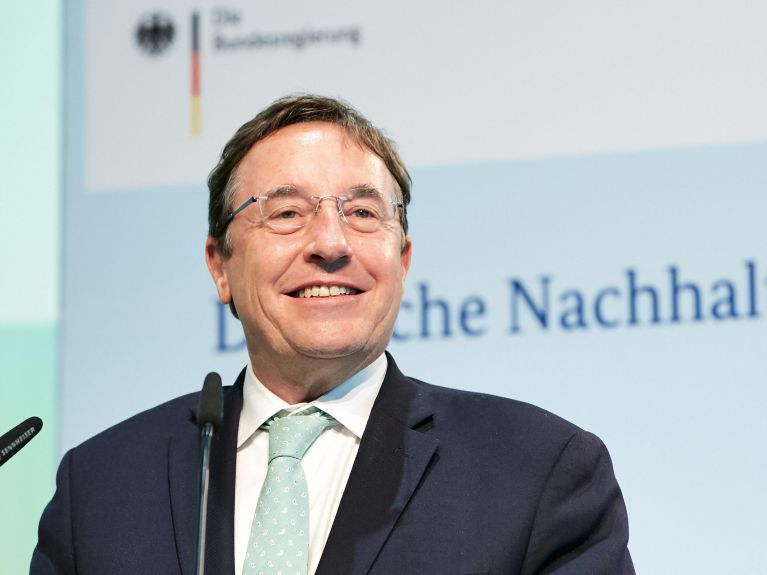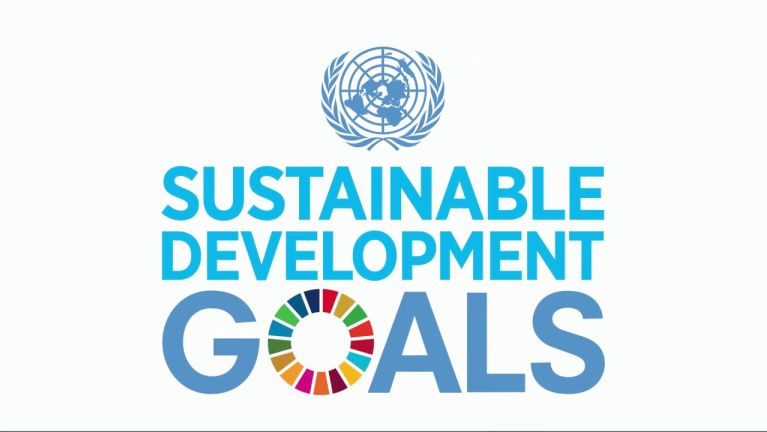“The SDGs are more relevant and important than ever”
UNDP director Achim Steiner on the UN Development Programme and the importance of the Sustainable Development Goals.

The world has become a complex place, and geopolitical tensions are on the rise. Are the Sustainable Development Goals (SDGs) still relevant in times like these? Is a global agenda like the one adopted in 2015 still a realistic common framework in the face of increasing nationalism? These questions and others like them are being asked ahead of the UN Summit of the Future in New York.
Quick facts
Achim Steiner, head of the UN Development Programme (UNDP) – the guardian of the SDGs so to speak – has a clear opinion on this. As the German-Brazilian UN Under-Secretary-General recently said: “The SDGs are the best way to avert an apocalyptic future.” In other words avoid a situation in which the world is several degrees hotter, where inequality dominates, where wars are rampant and where hunger drives people to migrate. The SDGs were adopted by the UN to prevent this from happening. They were intended as a transformative plan to make the Earth more sustainable in ecological, economic and social terms.
The UN Development Programme UNDP
The UNDP is responsible for supporting and implementing development projects all over the world. The programme is regarded as the operational arm of the SDGs at multilateral level. The UNDP had around 4.9 billion dollars at its disposal for this purpose in 2023 – the largest amount in over a decade.
But the 193 member states of the UN are still a long way from where they want to be. Achievement of the SDGs “is at risk”, according to the latest version of the Pact for the Future which is to be adopted in New York. It is also states: “Progress on most goals is either too slow or has even fallen behind the 2015 level.” For this reason, the aim is to reaffirm them at the summit in New York and if possible give them fresh impetus. Close attention is paid to them in the Pact for the Future.
Dieses YouTube-Video kann in einem neuen Tab abgespielt werden
YouTube öffnenThird party content
We use YouTube to embed content that may collect data about your activity. Please review the details and accept the service to see this content.
Open consent form
Germany is committed to the SDGs and is working both bilaterally and multilaterally to achieve them. This is one reason why it has traditionally been one of the largest donors to the UNDP, which is financed exclusively from voluntary contributions. In 2023, Germany ranked second among the member states after Japan, with 348 million dollars. The total included both contributions to the so-called core funds and also for earmarked purposes. The latter were channelled into more than 300 projects, mainly for climate and environmental protection or crisis prevention and peacebuilding. Due to its prominent role as a supporter, Steiner describes Germany as a “reliable and recognised partner” of the United Nations, even in these times of crisis.



